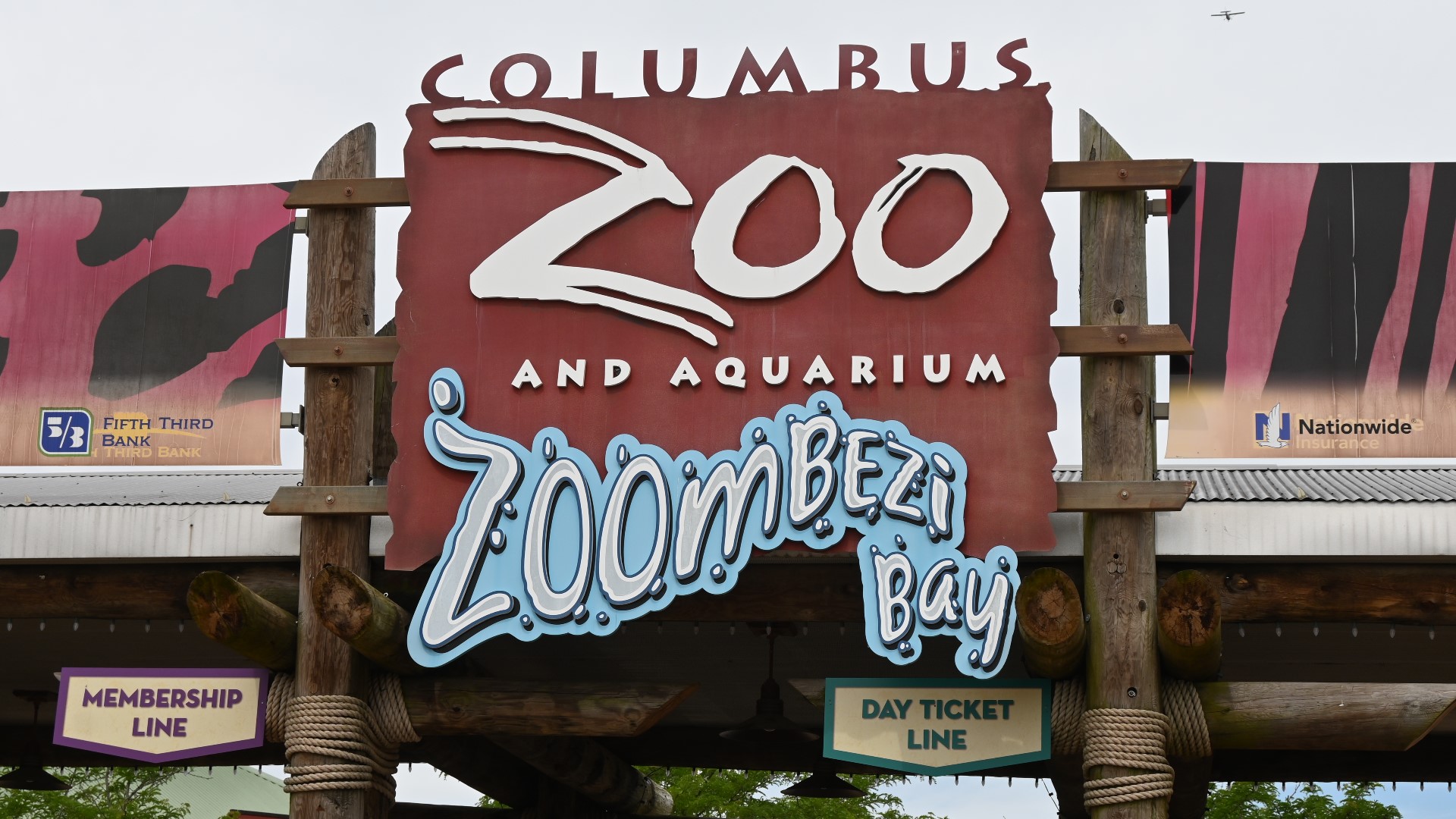COLUMBUS, Ohio — For more than four decades, the Columbus Zoo and Aquarium was considered the gold standard when it comes to animal welfare and its finances, according to the Association of Zoos and Aquariums, known as AZA.
But even the AZA is looking inward at its own accreditation practices after a documentary accused Jack Hanna of using animals from unaccredited breeders —not animals from the Columbus Zoo — to appear on late-night TV shows, yet continued to receive the highest ranking that zoos and aquariums can receive.
"The puppy milling of animals for the entertainment business is quite troubling that's damaging to Columbus’ reputation and the AZA reputation quite frankly. We are asking ourselves how did we not see this during prior accreditation cycles?” said Dan Ashe, CEO and president of AZA.
Only 10% of all zoos and aquariums in the world are AZA-approved.
Leadership at the Columbus Zoo had to have known its chances of accreditation was slim after reports confirmed that four zoo officials misused zoo resources, losing more than $630,000.
On Wednesday, the zoo responded with surprise regarding the AZA’s decision to not renew its accreditation.
“Obviously we were shocked. We were completely shocked and devastated when we learned of the AZA's decision,” said Jan Ramer, senior vice president of animal care and conservation at the Columbus Zoo and Aquarium.
“I'm not sure they should have been shocked," Ashe said.
The zoo's attempt to gain accreditation was further weakened when the documentary “The Conservation Game” cast a spotlight on the animals Jack Hanna used during late-night TV appearances. The documentary claimed the animals were from unaccredited breeders, not from the Columbus Zoo. An issue the zoo said it’s already corrected.
"The use of animals in media appearances here at our institutions is much more tightly regulated those types of failures in checks and balances will not happen again,” Ramer said.
Ramer said the lack of AZA accreditation should not be a reflection of those who work at the zoo now.
“It doesn't make us a bad zoo. This is a black eye because of the actions of a few individuals who are no longer here,” she said.
The zoo could apply for accreditation in September 2022 and they hope to receive it by 2023.

